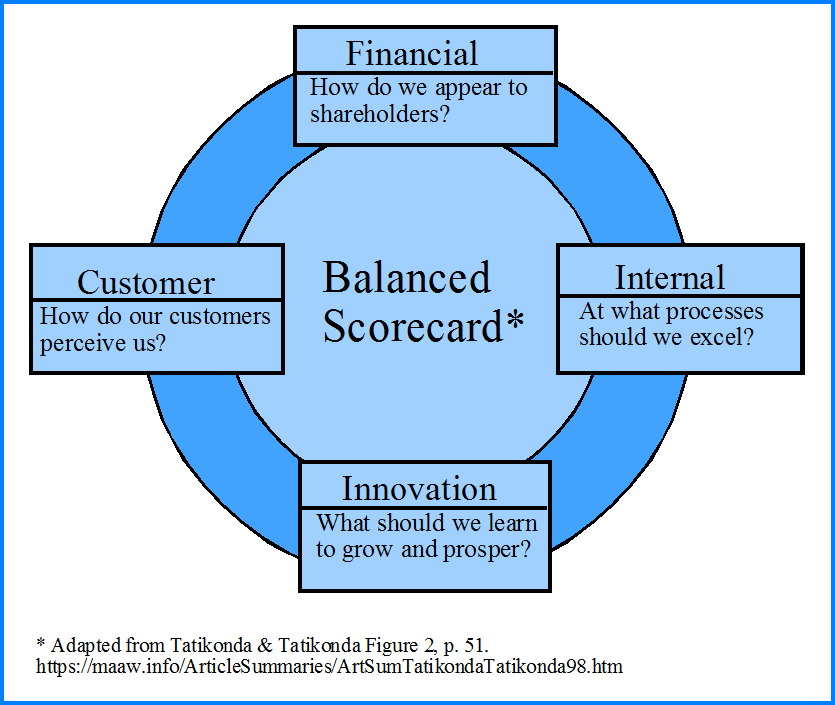Review Article: The Leadership Enhancement in Education 4.0 School Administrators
The
research article entitled “The Leadership Enhancement in Education 4.0 School
Administrators”. It was written by the three authors, Kuljira Raksanakorn and Tuwanan
Ratthananin-Anan from the Faculty of Education, North Bangkok University,
Thailand, Supattarasak Khumsamart from the Roi Et Provincial Office of the
Non-Formal and Informal Education, Thailand.
The research article is all about the leadership
enhancement of school administrators.
Thus, the research objectives are as follows; first, to study the
component, second, to study the current situation and the desirable conditions,
and lastly, to assess the need for enhancement of leadership of school
administrators in education. In order to answer the questions, the researchers
used a mixed method, which uses both quantitative and qualitative approaches
using the instrument in a form of a questionnaire. They gathered the data using
a sample of 15 school administrators and 365 teachers using stratified
sampling. In order to analyze the data that they have collected the research
used statistics using frequency, percentage, mean and standard deviation.
According to the research article, the results are
concluded based on the objectives. The research analysis for the first
objective is that the components of the enhancement of the leadership of school
administrators were identified as knowledge and abilities, leadership skills,
academic leadership, morals and ethics, new aged skills, attribute, and
performance. According to Phimphon,
Kowat, and Kanok-orn (2015), the significant indicators for success or failure
of education outcome rest on the ability of school administrators to make the
utmost use of their knowledge and experience and in provide the leadership to
create a vision for change, and to support school staff in their development to
meet the challenges of a changing world. The research said that the second
objective result was at a moderate level. Considering that all level of
leadership skills is in the moderation of the results of the analysis of the
second objective stating that there is still room for improvements.
The research is beneficial and gives an idea to check
which area in the educational administration as an administrator to explore the
weakness and strengths. Being aware of our limitations is very important.
Talerngsr (2018) stated with anything related to self-improvement,
sustainability is the key. Thus, constant evaluation is necessary for the
development of the skills. Talerngsr (2018) further noted that knowing your
weakness is just as important, “A strength is not simply something that you are good at.
It is also something that makes you feel strong. But the definition of weakness
is similar. You may well be good at an activity – or good enough – but it
doesn’t make you feel strong, in fact, you feel weak.” This gives a chance to the individual to access the
weak area of the administration.
The analysis of the result of the third objective stated
that according to the research, the assessment of needs for the leadership
enhancement of school administrators in Education revealed that overall, when
considering each aspect by specifying levels of needs ranging from highest to
the lowest level of needs, the results are as follows: 1) performance; 2)
morals and ethics; 3) attributes; 4) new-age skills; 5) leadership skills; 6)
knowledge and abilities; and 7) academic leadership. As a result, all those
needs can be ranked in order of their significance as follows: 1) performance;
2) morals and ethics; 3) attributes; 4) new-age skills; 5) leadership skills;
6) knowledge and abilities; and 7) academic leadership. We can see that the
lowest level of needs is performance. Gong (2021) noted that performance
management is not only a set of formal management tools but also implies
specific management ideas and concepts behind it, which requires a certain
institutional environment to guarantee and support. While the highest level is academic
leadership. According to Hamdoun (2021), he described that it is known that
leadership is important to be applied not only for the whole organization but
also on the personal level. Indeed (2022) further mentioned that academic
leadership is when a teacher, professor, or other members of faculty at an
academic institution led students to success. They may help students develop
the skills and knowledge they need in their future careers and provide
challenging opportunities to test and improve this knowledge.
References
Phomkoh,
P., Tesaputa K., and Somprach, K. (2015). Program Development for Enhancing
Creative Leadership among School Administrators in Local Government
Organizations of Thailand. International Journal of Behavioral Science. 2015,
Vol. 10, Issue 2, 79-93
Talerngsr,
A. (2018). Developing Self-Awareness for Today’s Leader. Bangkok Post. Retrieve
from https://www.bangkokpost.com/business/2071615/self-awareness-for-sustainable-business-leadership
Gong,
F. (2021). Promoting the Innovative Development of Higher Education Performance
Management Based on Internet +Technology. Journal of Physics: Conference
Series
Hamdoun,
A. (2021). Academic Leadership Commences by Self-Leadership. SHS Web of
Conferences 111, 01001
Indeed Editorial Team. (2022). What is Academic
Leadership? (and How to be a Better Leader. Indeed. Retrieve from https://ca.indeed.com/career-advice/career-development/academic-leadership#:~:text=Academic%20leadership%20is%20when%20a,test%20and%20improve%20this%20knowledge.

No comments:
Post a Comment